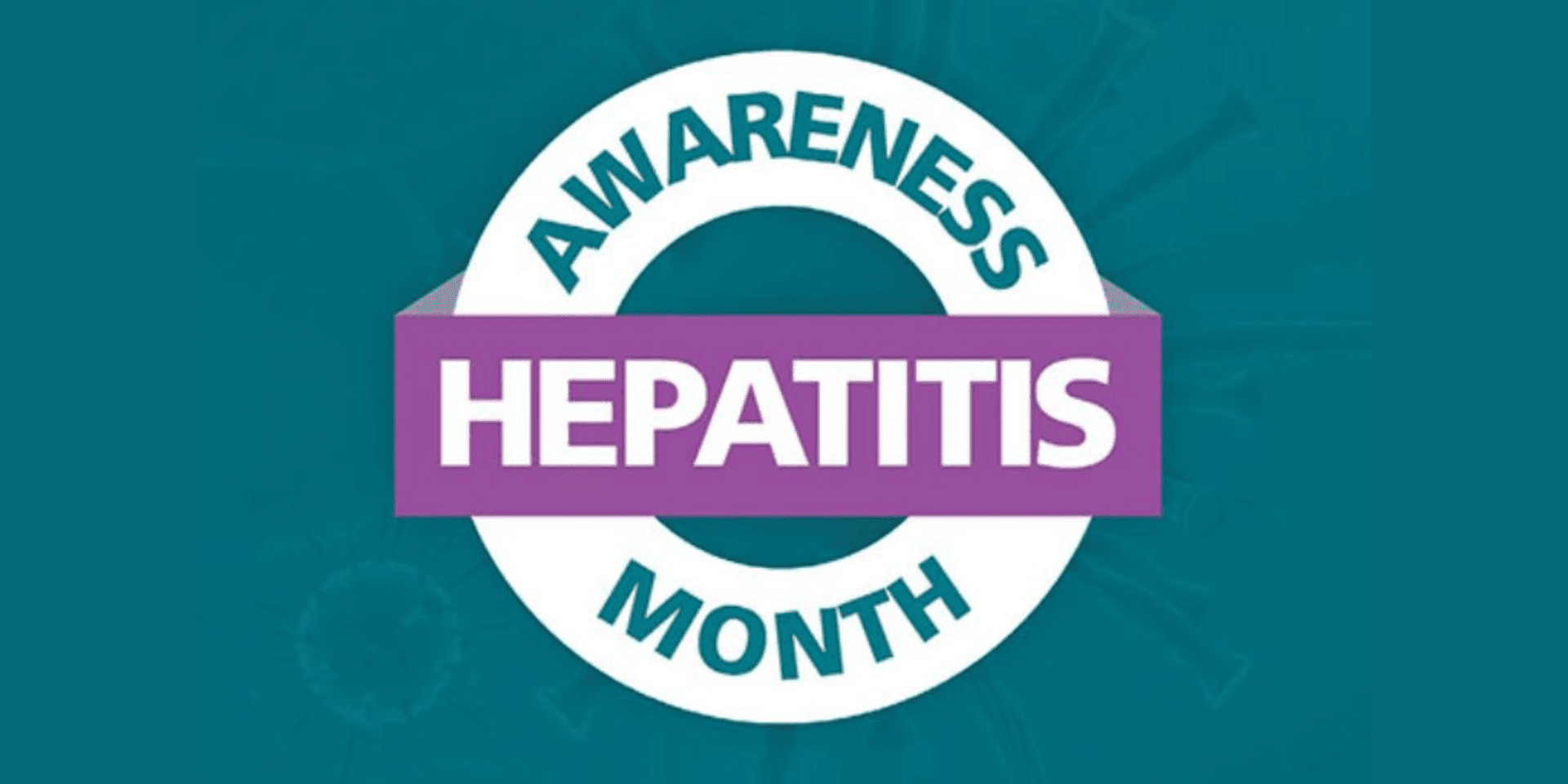
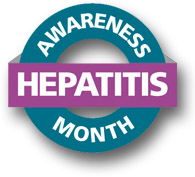 May is designated as Hepatitis Awareness Month in the US, and May 19 is Hepatitis Testing Day, a time to increase awareness about the importance of adult vaccination and screening for hepatitis B (and C).
May is designated as Hepatitis Awareness Month in the US, and May 19 is Hepatitis Testing Day, a time to increase awareness about the importance of adult vaccination and screening for hepatitis B (and C).
Did you know that chronic hepatitis B is one of the leading causes of liver cancer in the US? And that vaccination can help protect people of all ages against hepatitis B? If you answered no to either of these questions, you are certainly not alone. According to the Centers for Disease Control and Prevention (CDC), about 2/3 of people with hepatitis B are unaware that they are infected.
Hepatitis B is a serious liver disease caused by the hepatitis B virus (HBV). Many people infected with hepatitis do not have symptoms, masking their infection. But once infected, individuals can carry the virus throughout their lives as a chronic infection, which for some can lead to liver cirrhosis, liver cancer, and death. HBV infection kills thousands of people in the US each year, usually as a result of complications from liver disease.
Since the 1990s, CDC has recommended routine hepatitis B vaccination for all infants, and catch-up vaccination for children and teens younger than age 19 years. Although hepatitis B vaccines have also been available for adults, adult vaccination rates have remained low (~30%) for several decades, due in part to complex guidelines that required healthcare professionals to assess as many as 18 different risk factors before determining if a person should receive hepatitis B vaccine.
However, that changed in April 2022 when CDC began recommending universal hepatitis B vaccination for all adults age 19-59 years, and those age 60 years or older with risk factors. Vaccination is also available for adults without risk factors who wish to be vaccinated against hepatitis B.
Vaccination is the best way to prevent HBV infection and potential complications, including liver cancer.
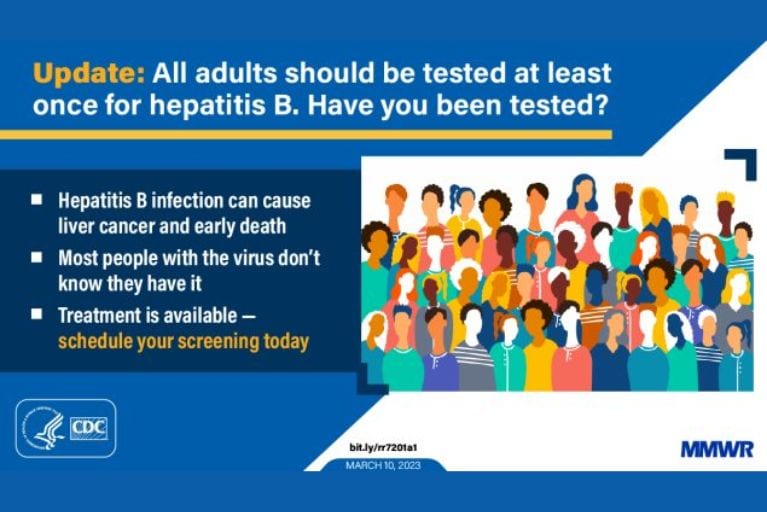 More recently, in March 2023, the screening guidelines for hepatitis expanded and CDC now recommends that all adults age 18 years and older get tested for hepatitis B at least once in their lifetime.
More recently, in March 2023, the screening guidelines for hepatitis expanded and CDC now recommends that all adults age 18 years and older get tested for hepatitis B at least once in their lifetime.
Pregnant women should be screened during each pregnancy, preferably in the first trimester, regardless of vaccination status or testing history. Periodic testing is recommended for those with ongoing risk for exposure and should also be available to anyone requesting HBV testing. Infants born to pregnant women who are infected with HBV, or who have other evidence of infection, should be tested at age 9-12 months or 1-2 months after vaccine series completion if the series is delayed.
Although there is currently no cure for hepatitis B, antiviral treatment and monitoring can help prevent severe illness and death due to HBV infection. All adults should talk to a healthcare professional about hepatitis B vaccination and testing.
Raising Awareness about Hepatitis B
The National Foundation for Infectious Diseases (NFID) has resources to help raise awareness about hepatitis B among healthcare professionals and the public:
- View the NFID on-demand webinar, Hepatitis B Prevention Strategies, to learn more about recommendations for hepatitis B vaccination in adults, along with strategies to effectively communicate current recommendations
- Animated, shareable videos highlighting the burden of hepatitis B among US adults and the importance of prevention
To join the conversation and get the latest news on infectious diseases, follow NFID on Twitter using the hashtag #PreventHepatitis, like us on Facebook, follow us on Instagram, visit us on LinkedIn, listen and subscribe to the Infectious IDeas podcast, and subscribe to receive future NFID Updates.
Related Posts

Infectious Diseases in the News
Read recent news of interest from the world of infectious diseases including insights and updates on COVID-19, handwashing, hepatitis, malaria, measles, and respiratory syncytial virus (RSV) …
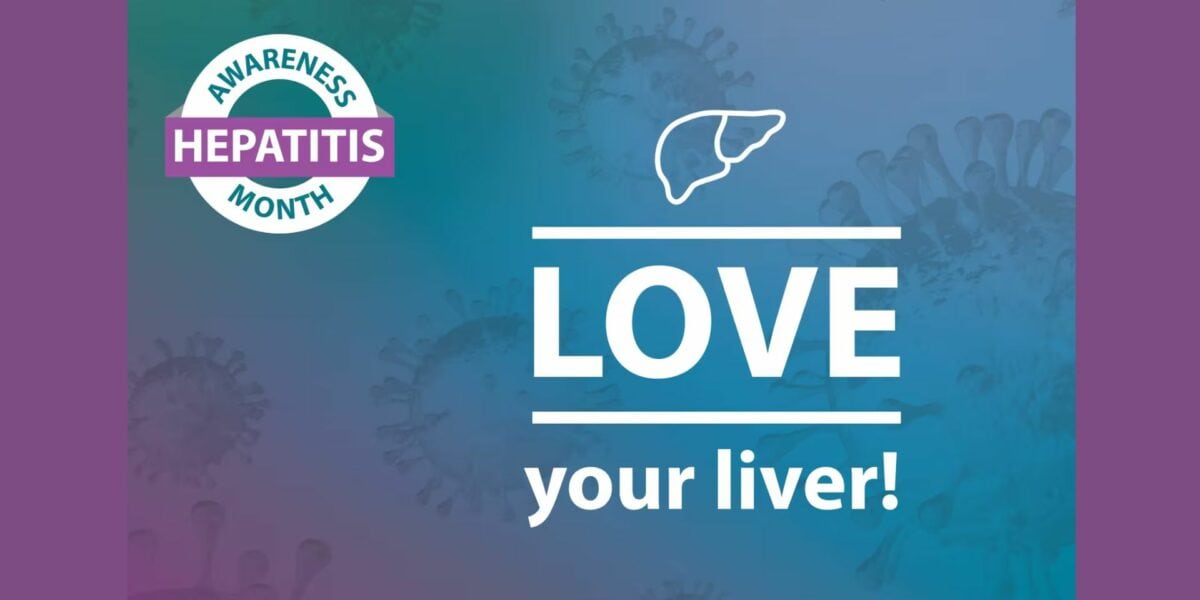
Protecting Patients with Liver Disease
May is Hepatitis Awareness Month, a reminder of the importance of preventing and treating viral hepatitis …
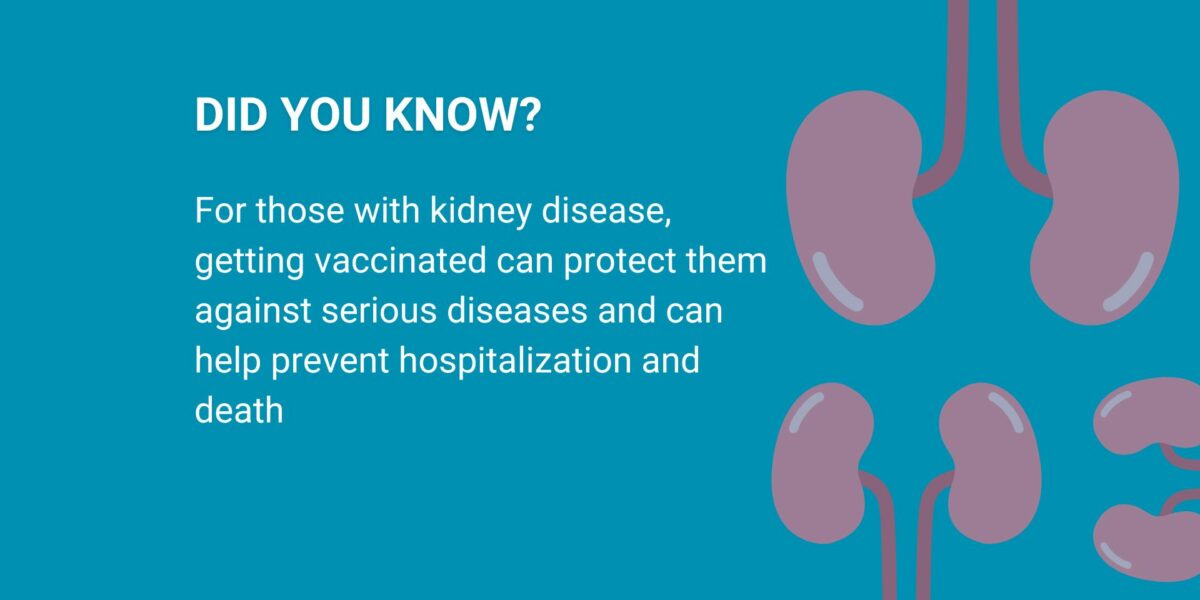
3 Things You Need to Know about Kidney Disease and Vaccines
It is important for people with kidney disease to understand how critical vaccination can be for their health and well-being
